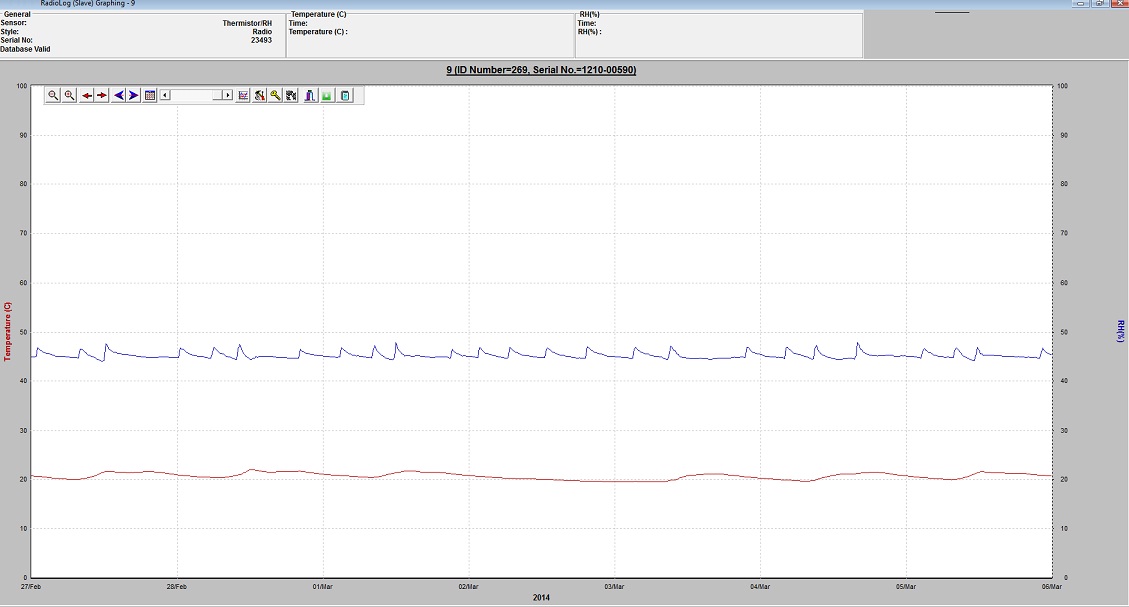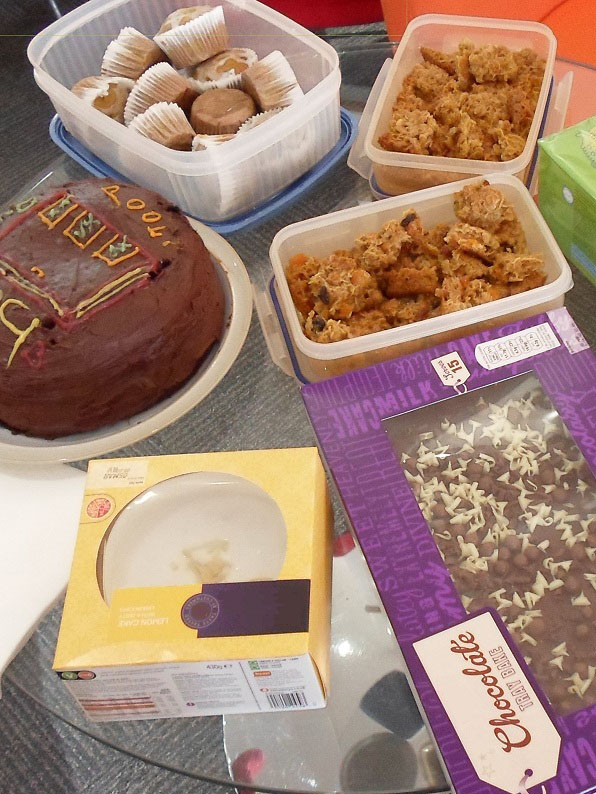
Photograph survey: working in the repositories to survey photographs with Dr. Helen Wilson, another project during the internship
I started off 2014 with a three month internship with the Collections Care department at The National Archives, and have learnt a huge amount working as part of a varied and busy team. I transitioned into conservation by recently completing a Master’s degree in Book and Paper Conservation at Camberwell College after 20 years working in knowledge and IT management. I saw that there are many overlapping skills and approaches in collection care compared with my previous work experience and focused on this area whilst studying.
However, preservation management is a broad topic which remained somewhat theoretical during the degree course. This internship meant an opportunity for me to experience the pragmatic daily routine of collection care. My projects, which developed as we went along, included handling training, environmental monitoring, pest management, surveying and rehousing which brought me in contact with each area of departmental responsibility.
I was tasked with planning and building a collections handling online module for staff. This project allowed me to connect with many people across The National Archives, reinforced my practical handling skills and allowed me to draw on my training skills acquired in my previous career. It has been great fun working with the various teams to act out and film examples of both good and poor handling.
‘Shark fin’ graphs and pest management

An example of an environmental monitor graph showing 'shark fin'
A daily part of my schedule was reviewing The National Archives’ extensive and innovative network of 160+ environmental monitors that are used to measure the temperature and relative humidity in the repositories. These daily reviews give me an understanding of what the environmental monitor graph shapes mean (such as the ‘shark fin’) and whether it is caused by a monitor having a bit of temper tantrum or whether there is an issue to be investigated. Luckily, there hasn’t been any issues and it is case of no news is good news.
The timing of my internship meant I was available for a number of the team’s quarterly routines including pest management. Like the environmental monitors, The National Archives has an array of pest traps distributed throughout the repositories to help identify any issues before they become serious. I assisted in the replacement of traps, identification of pests and updating the database and statistics. It was really invaluable, practical experience for me.
In addition to participating in ongoing projects, I became involved in the future of a rehousing project by putting together a project proposal for map rehousing. Collection Care run a very successful volunteer programme that provides cleaning and rehousing for part of the colonial maps collection. Additional parts of the map collection also need similar attention and therefore I was able to satisfy my natural curiosity by surveying and measuring resource needs for a future piece of work.
Ethics and cake

Cake: celebrating a retirement from the department meant a deluge of cake and other goodies
Being a history buff, I spent a delightful day helping the loans conservator reattach objects to their housing and preparing them to be returned to the stores after being on exhibition in Glasgow. One of the pieces was a cipher by Mary, Queen of Scots. The activity generated ethical discussions about object handling and treatment while on exhibition versus being part of an archive collection. The experience of handling such precious and amazing pieces of our history further reinforced my enthusiasm for conservation.
I have benefitted not only from the projects in which I’ve been directly involved but also being part of of a world class organisation where I’ve been privy to impromptu discussions, ethical debates and really good cake – a vital ingredient to a collection care department!
Interested?
The National Archives’ Collection Care Department accepts internship applications from students currently studying conservation and recent graduates of conservation programmes who are interested in further developing their conservation and preservation skills. Find out more about internships in the Collection Care Department and how to apply.